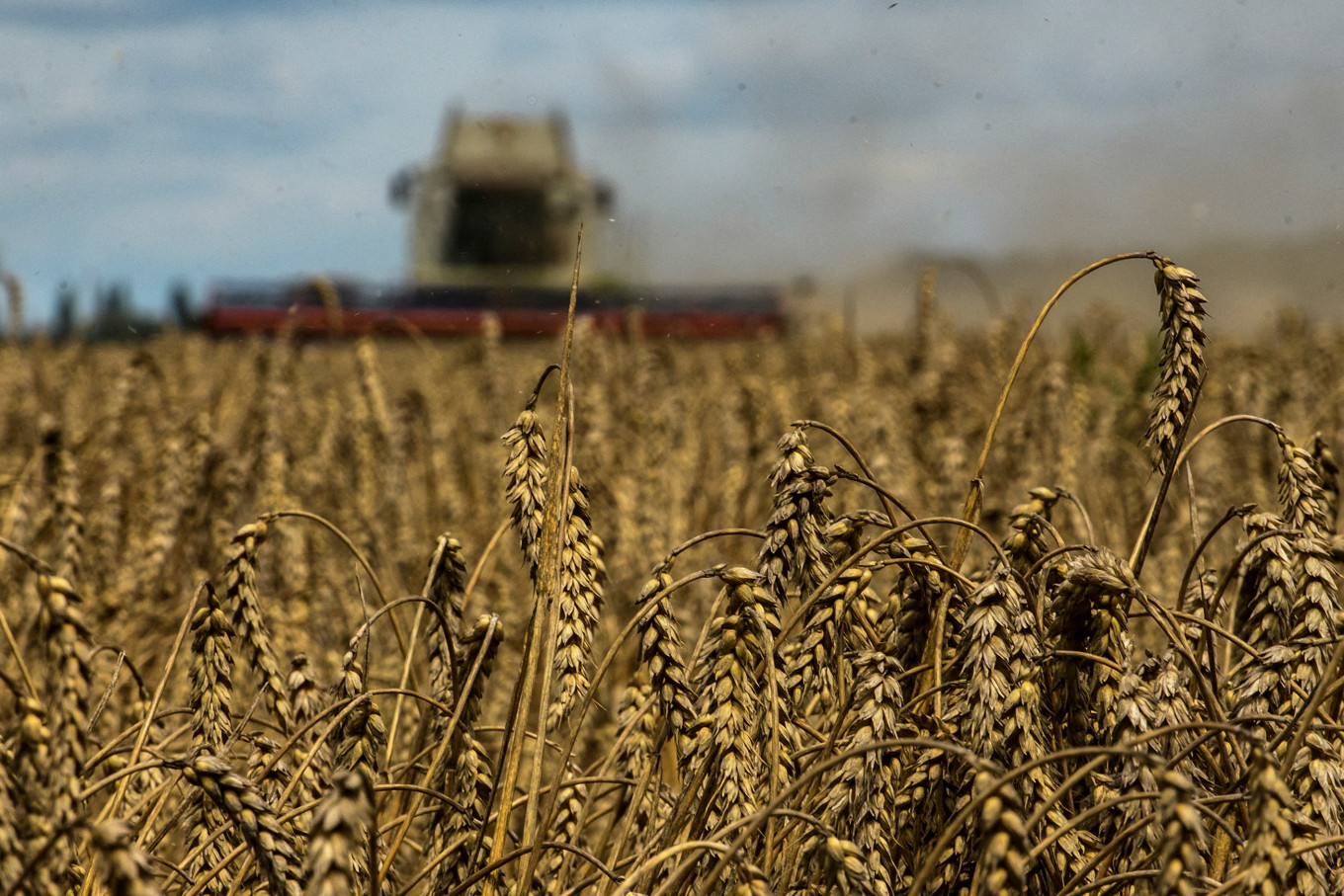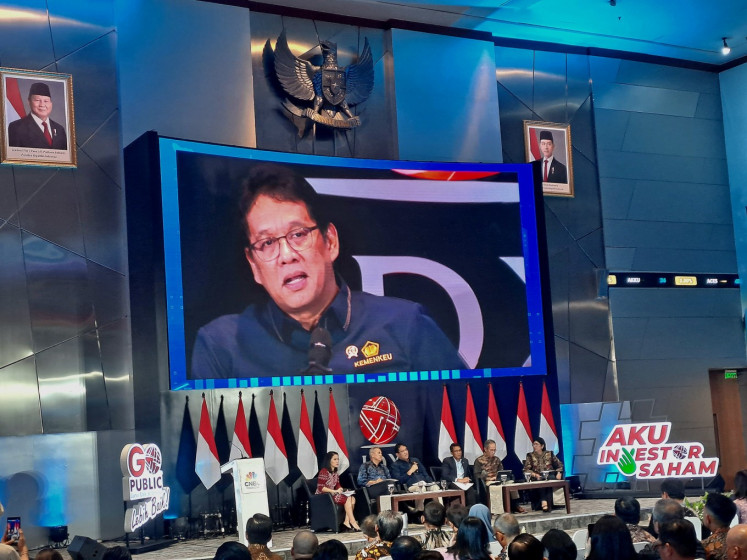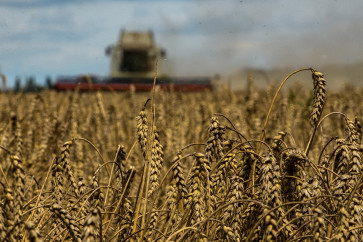Popular Reads
Top Results
Can't find what you're looking for?
View all search resultsPopular Reads
Top Results
Can't find what you're looking for?
View all search resultsRussia, the West attack each other’s narrative on looming food crisis
Change text size
Gift Premium Articles
to Anyone

Neither Russia nor the West are willing to back down in their argument over what is causing disruption in food supply, meanwhile completely disregarding its impact on global food insecurity that might creep up on the world in 2023.
United Nations experts have revealed there are no severe shortages of wheat seeing as how the Food and Agriculture Organization (FAO) has raised this year’s forecast on world wheat production by 6.7 million tonnes, and the global wheat inventories are predicted to rise marginally above their opening levels by the end of the 2023 season.
“However, most of the anticipated year-on-year increase is concentrated in China and the Russian Federation,” Economic Development Deputy Minister of the Russian Federation Vladimir Ilichev told The Jakarta Post on Saturday, complicating the forecast, remembering how China consumes most of their supplies domestically while Russia’s are claimed to be shackled by the sanctions.
It is true that food was exempted from the West’s sanctions on Russia, but as per Bloomberg, bankers and insurers are “cautious about doing business with Russia and shipping lines are wary of sending their vessels into a war zone”, which Ilichev argued was the cause of global supply chain interference.
“The sanctions, including threats of mass arrests of dry-cargo ships and SWIFT cut-off for Russian financial institutions, refusal to insure ships and cargoes and restrictions by international transport companies have significantly disrupted the supply chains and money transfers involving Russian economic operators,” Ilichev said.
“Direct and indirect restrictions have also affected goods necessary for the production of agricultural products and fertilizers -- equipment and components for agricultural machinery, seeds, planting and incubation material, etc.,” he added.
Meanwhile, the West stood steady on their sanctions, going even toward the direction of tying with potential allies to make Russia’s foodstuff-supply irrelevant.


















